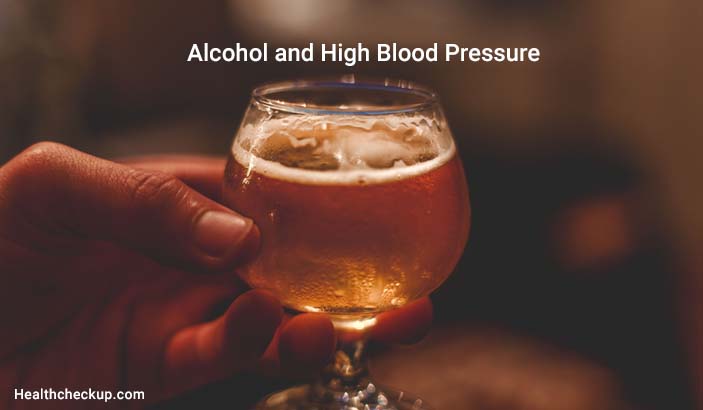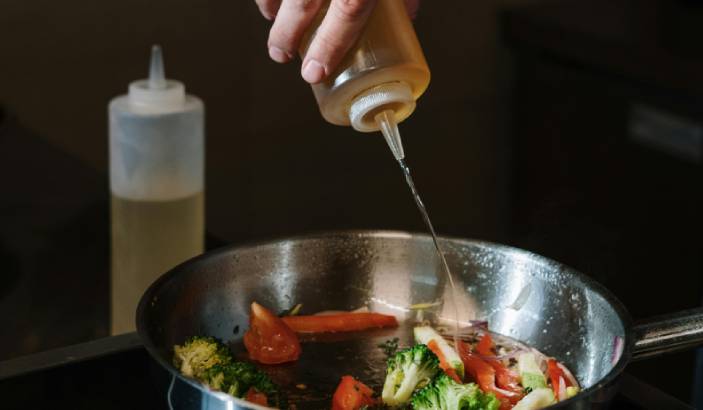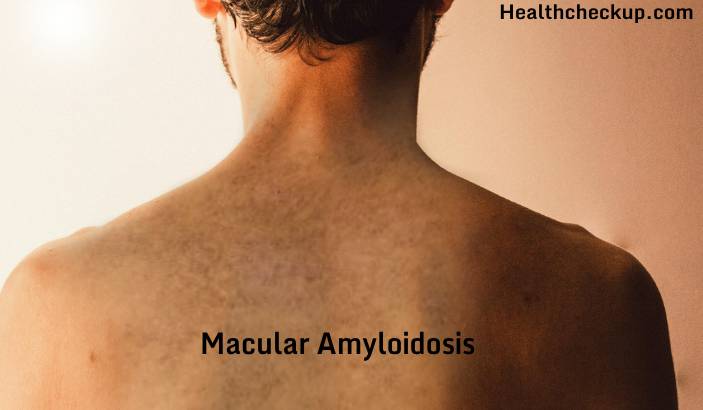High blood pressure is prevalent worldwide. This can increase your risk of various health complications such as heart failure, stroke, and heart attack. Many factors may contribute to the increase in your blood pressure. Do you know that alcohol and high blood pressure are linked together? If you drink more alcohol, you are most likely at risk of having high blood pressure. In this article, we will learn how alcohol can contribute to high blood pressure as well as low blood pressure.
Alcohol And High Blood Pressure
High blood pressure, also known as hypertension, occurs when there is an increase in your blood pressure to unhealthy levels. Alcohol abuse is one of the causes of high blood pressure.
Your blood pressure will most likely increase if you drink three or more alcoholic drinks in one sitting. Being a heavy drinker will make you at risk of long-term high blood pressure. It was shown that heavy drinking could harden and narrow your arteries, thereby leading to a stroke or heart attack. Moreover, alcohol is rich in sugar and calories. This will further make you prone to high blood pressure. Aside from hypertension, obesity is also linked to high blood pressure.
If you already have high blood pressure, you can drink alcohol but only in moderation. But to be safe, it is best to avoid drinking. It is considered as moderate if you only have two drinks if your age is less than 65, one drink for more than 65 years in men. But if you are a woman, you can have one drink a day, and it applies to all age groups.
Anyway, one drink is equivalent to 5 ounces of wine, 12 ounces of beer, or 1.5 ounces of 80-proof distilled spirits. Although heavy drinkers are required to reduce their alcohol intake to improve their blood pressure levels, it should be done slowly. The sudden stop may make your blood pressure more serious.
Alcohol And Low Blood Pressure
Low blood pressure or hypotension means that your blood is pushing against your arteries every time your heartbeats. Low blood pressure may mean that your blood pressure is less than normal which is 120/80. Although it is good in most cases, this can make you feel dizzy and tired. This may also be an indication of an underlying health condition.
Although alcohol consumption is not popularly linked to low blood pressure, instead of high blood pressure, it also affects lowering your blood pressure. Several studies have shown that moderate drinking can provide health benefits for your heart, as well as lower your blood pressure.
As mentioned earlier, low blood pressure may result in dizziness and tiredness. If you have blood pressure medication, for instance, and if you are consuming alcohol, you will most likely feel such symptoms, and you will be at a higher risk of accidents and falls.
Alcohol And Blood Pressure Medication
You can maintain normal levels of blood pressure if you keep a healthy weight through exercise and diet, reduce stress, and cut sodium intake. Indeed, drinking provides various health benefits to your heart and body, but as mentioned, you only need to drink moderately, and if possible, you should avoid it. Drinking alcohol has detrimental effects on your health, not only to your blood pressure, but it can also increase your risk of stroke, stomach bleeding, liver disease, depression, as well as cancers.
Moreover, it is worth noting that combining alcohol with your heart medication is dangerous. The medication may have an interaction with alcohol. Say, for instance, and it can worsen low blood pressure leading to more serious side effects of lightheadedness, dizziness, fainting, drowsiness, or falling.
This might also lead to numbers of liver enzyme interactions that may alter the drug levels in your bloodstream. This is very dangerous, especially if you also have liver disease. It may affect how these medications are broken down in your body. It can even worsen the side effects of your medications. Heart medications such as alpha-blockers, nitroglycerin, and beta-blockers can have significant interaction with alcohol.
Conclusion
Alcohol may have the effect of increasing or decreasing your blood pressure. Both instances may have detrimental effects on your health. Since alcohol and blood pressure are interrelated, it is important to have a deeper understanding of these. Although alcohol consumption is said to have health benefits to your body, you need to take note of moderate drinking. However, it is still safe to stop drinking alcohol to avoid heart-related health issues.
Doctor, author and fitness enthusiast, Ahmed Zayed, MD, is a surgery resident with a passion for helping people live a happy healthy life. He is the author of numerous health-related books and contributor to several medicine, health and wellbeing websites.









